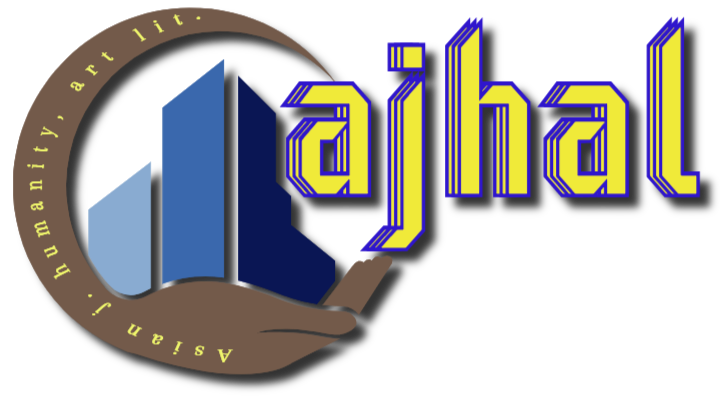A Study on Democracy Metaphors in Moroccan King Mohammed VI Inaugural Speeches
DOI:
https://doi.org/10.18034/ajhal.v5i1.331Keywords:
Moroccan king speeches, metaphor, democracy politicsAbstract
This study analyzes democracy metaphors used in Mohammed VIs' speeches at the opening of the parliamentary session from 2003 until 2014. Mohammed VI has ruled Morocco since 1999. Many studies have uncovered the role of metaphors as influential devices used in politics. However, in the Moroccan context, studies related to metaphors and politics have received little attention so far. Politicians encounter challenges as they address their audience such as the need to convince them of their views, to gain the trust of their analysis and to give psychological realities to their abstract concepts.
The Moroccan monarchy has ruled Morocco for centuries. More than three hundred and fifty years of monarchy rule has marked the history of Moroccan society. The monarchy was able to adapt to the sociopolitical changes that the Moroccan society has known. This rule was the work of multiple factors and strategies that the monarchy has followed. One of them is the use of metaphors as a communication strategy.
The aim of this paper is to reveal the contribution of metaphors to the Moroccan political debate mainly by studying the king’s speeches addressed to the Moroccan nation. This research strives to uncover part of the Moroccan king’s strategy to win the hearts and minds of the moroccan people. This study provides an insight into the communication strategies used by the head of state of one of the third world regimes facing democracy transition and encountering political and economic challenges. They are based mainly on the use of the metaphor to interpret realities and design future roadmaps.
Downloads
References
Fauconnier, G.and M.Turner (2003), The Way We Think, Basic Books, New York.
Haser, V. (2005), Metaphor, metonymy, and experientialist philosophy: Challenging cognitive semantics, Mouton, Berlin. DOI: https://doi.org/10.1515/9783110918243
Kristina Horn Sheeler and Karrin Vasby Anderson (2005), Governing Codes: Gender, Metaphor, and Political Identity (Lexington Studies in Political Communication), Lexington Books. Lanham, Maryland.
Lakoff, G. (2002), Moral Politics: How Liberals and Conservatives Think, University of Chicago Press. Chicago. DOI: https://doi.org/10.7208/chicago/9780226471006.001.0001
Lakoff, G., & Johnson, M. (1980), Metaphors we live by, The University of Chicago Press, Chicago.
Mark Turner (1987), Death is the Mother of Beauty: Mind, Metaphor, Criticism, University of Chicago Press, Chicago.
Michael Hanne, William D. Crano, Jeffery Scott Moi(2014), Warring with Words: Narrative and Metaphor in Politics, Psychology Press, New York. DOI: https://doi.org/10.4324/9781315776019
Musolff, A. (2004), Metaphor and Political Discourse Analogical Reasoning in Debates about Europe, Palgrave Macmillan, London. DOI: https://doi.org/10.1057/9780230504516
Ottati, V.C., & Renstrom, R.A. (2010), “Metaphor and Persuasive Communication: A Multifunctional Approach.” Social and Personality Psychology Compass4/9, 783-794. DOI: https://doi.org/10.1111/j.1751-9004.2010.00292.x
Perry Link (2013), An Anatomy of Chinese - Rhythm, Metaphor, Politics, Harvard University Press, Cambridge, Mass. DOI: https://doi.org/10.4159/harvard.9780674067684
Terrell Carver, Jernej Pikalo (2011), Political Language and Metaphor: Interpreting and changing the world, Routledge; Reprint edition, London.
--0--















